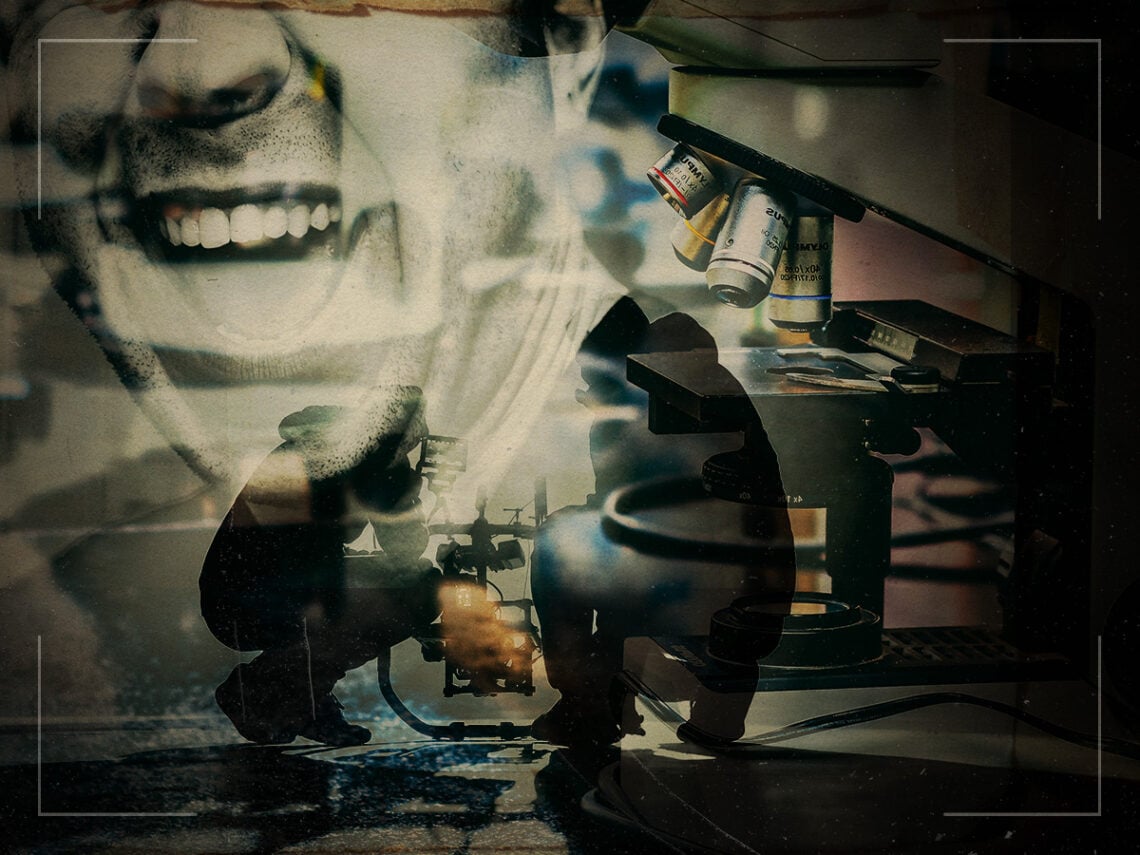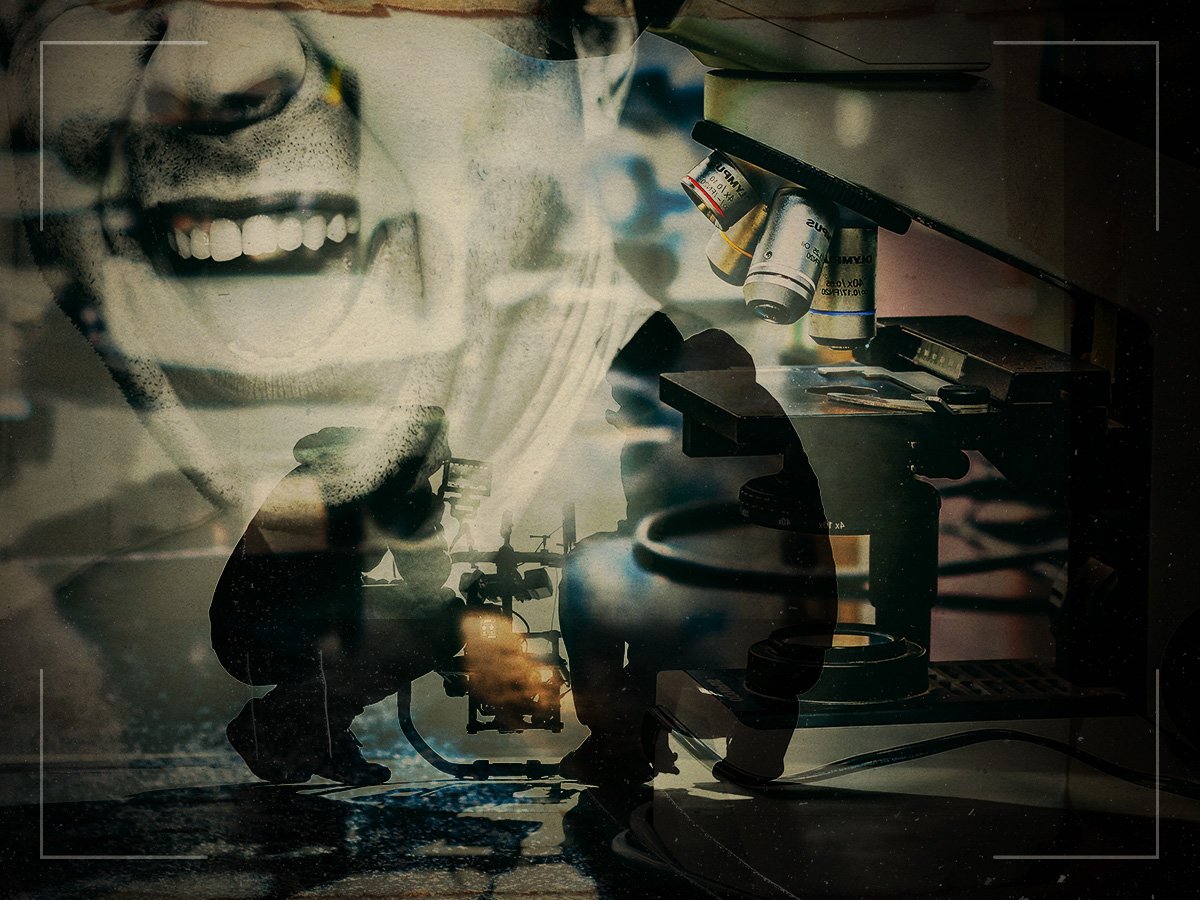
(Credits: Far Out)
Thu 28 August 2025 1:00, UK
How can we identify what makes some forms of comedy better than others? Are some kinds of humour just smarter? And how is it that there are some things that make us laugh when we know they shouldn’t?
There are certain movies that use a specific kind of humour that sometimes feels ‘beneath us’. We don’t want to admit to having a high-brow taste in comedy, of course, what’s more pathetic than that? But we certainly know that liking something like Mrs Brown’s Boys is enough to blacklist you from ever having the TV remote.
Overly crude jokes, toilet humour and dated, predictable punchlines are certainly inferior to witty, more subtle kinds of comedy, but who am I to decide? We all have our own sense of humour, and life would be no fun if the same things made us all laugh. It’s such a subjective thing that we can’t really pick one filmmaker, for example, to crown as the greatest in the comedy genre, so that’s where we turn to science’s analytical hand.
There are many people you could put in the running for the best comedy director, like Mel Brooks, Albert Brooks, Woody Allen (if we ignore his heinous controversies, of course), Billy Wilder, or Frank Capra. The answer backed by science might surprise you, though, because the so-called ‘greatest comedy director’ certainly made many popular comedies, but whether they are actually good is another question altogether.
According to Livio Bioglio and Ruggero G Pensa’s research, entitled ‘Identification of key films and personalities in the history of cinema from a Western perspective’, “The success of a film is usually measured through its box-office revenue or through the opinion of professional critics; such measures, however, may be influenced by external factors, such as advertisement or trends, and are not able to capture the impact of a film over time.”
Thus, their “objective is to measure the success of a movie by accounting how much it has influenced other movies produced after its release, from both the artistic and the economic point of view.”
Their findings suggest that in the comedy category, Gerald Thomas sits at number one. You might not even know who that is, but you’ve almost definitely seen one of his films, because he’s the man responsible for directing almost every Carry On movie.
Carry On movies are objectively not good, but they’re a British cultural institution. Relying on bawdy ‘Oh matron!’ humour, casual sexism, racism, and everything in between, the long-running series is still broadcast every Christmas season, and you’d be lying if you said you haven’t enjoyed at least one in the aftermath of the haze of a massive meal. It’s not something that you might be proud to admit, especially when you can identify the films’ many flaws, but there’s something about the series which has long caused people to revisit them for nostalgia’s sake.
Much of what the Carry On series got away with would not fly today by a mile, and so they feel like a relic of a bygone era in British cinema, when humour was much simpler, cringey sex jokes were the height of comedy, and Sid James somehow secured leading roles.
Thomas might not have helmed cinematic excellence, directing Carry On Screaming, Carry On Doctor, Carry On Camping, Carry On Cleo, and Carry On Matron, but his work has been, like it or not, incredibly influential in building the British comedy backbone. These films were accessible, imbued with a working-class charm that made them light, relatable, and raw. Meanwhile, the use of satire to poke fun at genres like the western, the historical epic, and period dramas, as well as authority in general, allowed them a free and fun run of the cinematic playground, the likes of which you just don’t see anymore. The delivery may be flawed, but there’s a lot to learn, and that’s just the science.
Related Topics

